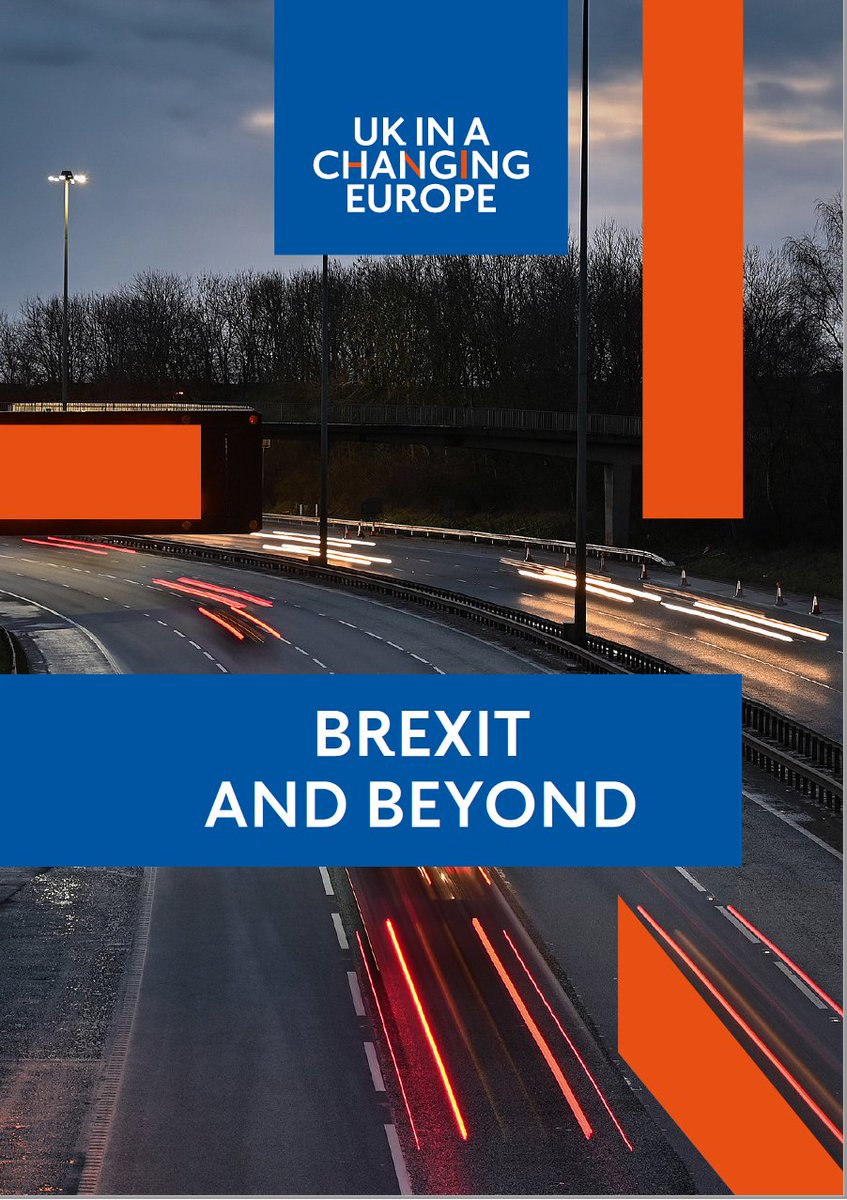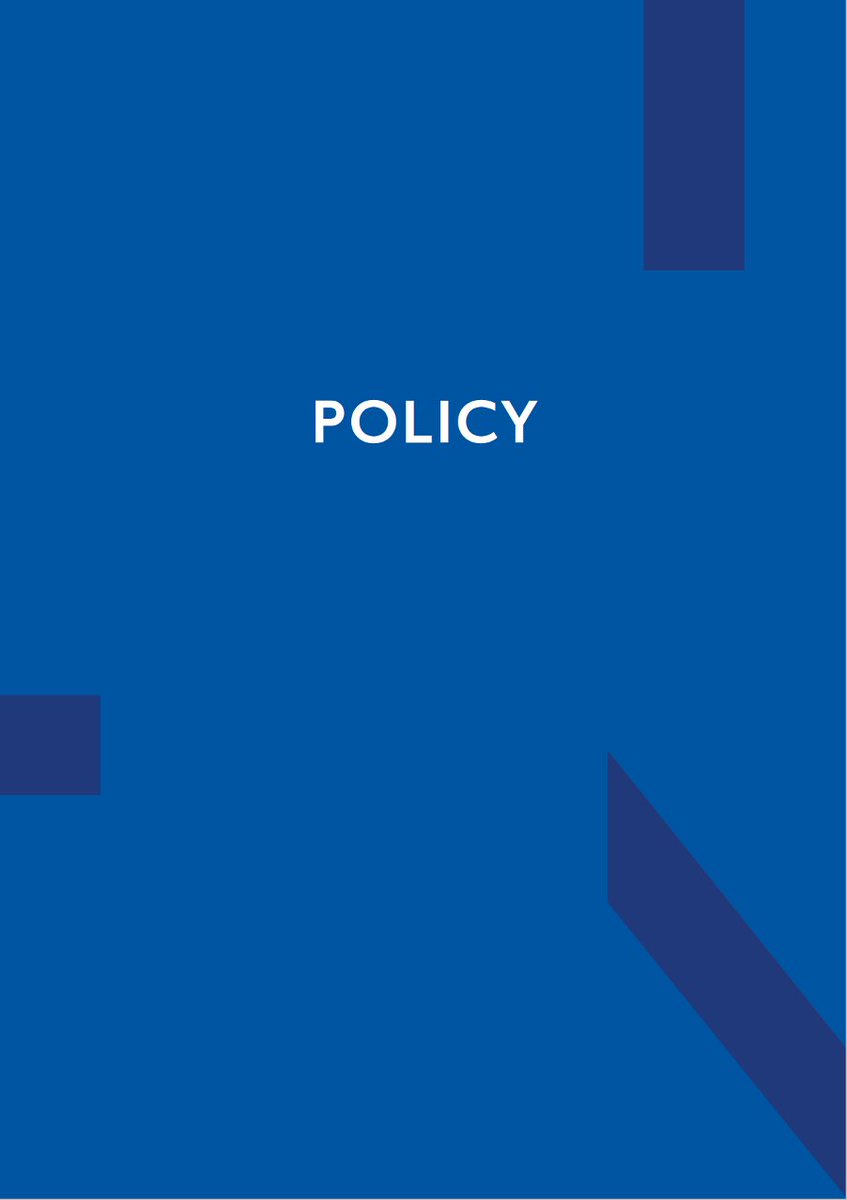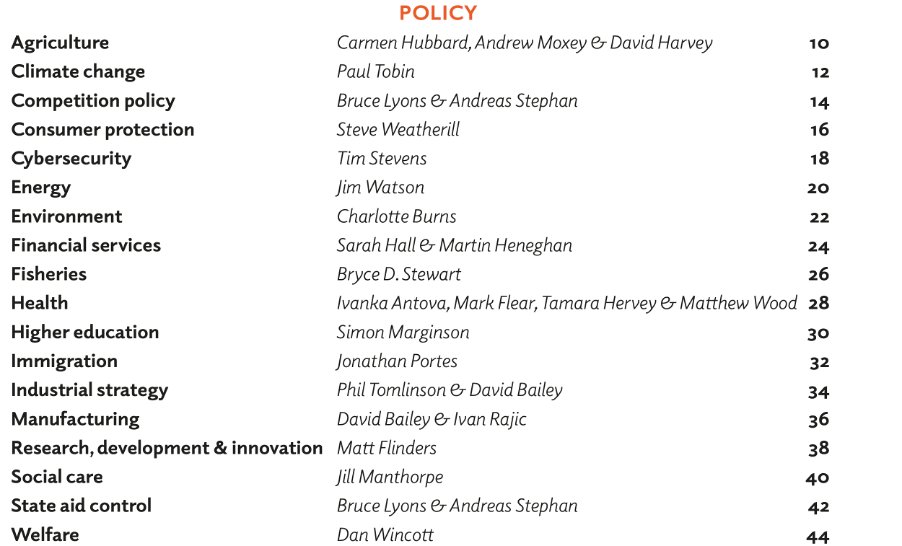But for others, the shift from a distributor model to importer/exporter has been a challenge. This hasn't been helped by certain IT system not working as planned.
1/ Quick thread. At the end of the third week of Brexit being "done", I can only say that I'm exhausted.
Immediate pressures on companies who have been trading goods have been on grappling with all of the new customs and regulatory requirements.

But for others, the shift from a distributor model to importer/exporter has been a challenge. This hasn't been helped by certain IT system not working as planned.
Some are, but many others aren't.
Worth noting that freight volumes are still below average. But stockpiles are running low, coming weeks are going to be interesting.
First, many businesses are facing the largest shift in their cost base in a generation.
This is something that is going to be something that will continue to play and play in the weeks and months ahead.
For many, the answer will be no. So what do they do as a result?

The other (worse) possibility is to stop trading.
https://t.co/IMDCu9g2mK
Supply chains are going to shift as a result and is deeply complex.
But that's just one example
Absolutely not.
One such example: due to the pandemic, business travel isn't happening. All the changes that are coming down the line in the activities which individuals can carry out while in the EU has changed.
More from Brexit
You May Also Like
These 10 threads will teach you more than reading 100 books
Five billionaires share their top lessons on startups, life and entrepreneurship (1/10)
10 competitive advantages that will trump talent (2/10)
Some harsh truths you probably don’t want to hear (3/10)
10 significant lies you’re told about the world (4/10)
Five billionaires share their top lessons on startups, life and entrepreneurship (1/10)
I interviewed 5 billionaires this week
— GREG ISENBERG (@gregisenberg) January 23, 2021
I asked them to share their lessons learned on startups, life and entrepreneurship:
Here's what they told me:
10 competitive advantages that will trump talent (2/10)
To outperform, you need serious competitive advantages.
— Sahil Bloom (@SahilBloom) March 20, 2021
But contrary to what you have been told, most of them don't require talent.
10 competitive advantages that you can start developing today:
Some harsh truths you probably don’t want to hear (3/10)
I\u2019ve gotten a lot of bad advice in my career and I see even more of it here on Twitter.
— Nick Huber (@sweatystartup) January 3, 2021
Time for a stiff drink and some truth you probably dont want to hear.
\U0001f447\U0001f447
10 significant lies you’re told about the world (4/10)
THREAD: 10 significant lies you're told about the world.
— Julian Shapiro (@Julian) January 9, 2021
On startups, writing, and your career:


















